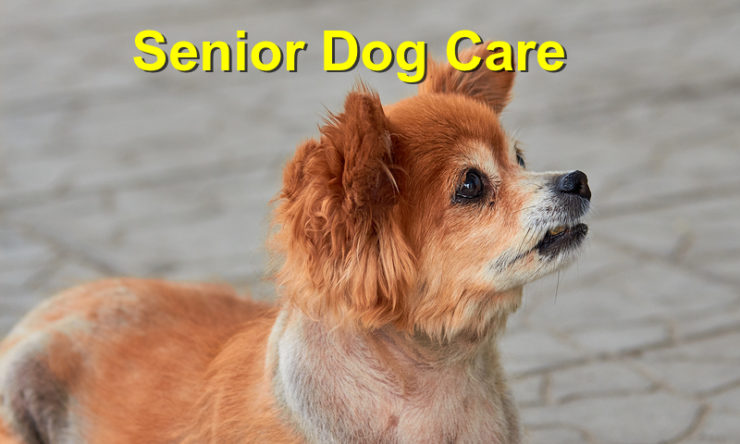Most senior dogs get overlooked at shelters and rescues for younger puppies. However, if you currently have a senior dog, then you know that they still have plenty of love and fun to give to owners. While older dogs may not have too much energy, they are full of personality that will brighten your home.
The fact that senior dogs require minimal exercises and have fewer behavioral problems makes them ideal for those looking for their first pet. Also, older dogs come to your home already being potty trained. Below are tips to help you take care of your senior dogs.
Watch out for medical reasons behind behavioral issues
Older dogs may still experience certain behavioral issues. An excellent place to begin evaluating any behavioral problem is at your vet’s office. That is because it could be a symptom of a health issue, and early diagnosis could immensely help your pup.
Plan for semi-annual vet visits
As dogs get older, they are increasingly more vulnerable to medical problems. Also, remember that a dog ages much faster compared to humans. Regular visits to your vet for a checkup for dental care, blood work, and various other examinations will help keep the older pup in good health.
Keep track of parasite management
Older dogs have weaker immune systems, which mean that the possible health dangers related to pests like fleas, ticks, and worms are more significant. Consult with your vet regarding the best parasite preventative measures.
Observe your senior dogs as they eat
Watching your dogs eat is helpful as you can identify when they are struggling to chew their food. Most senior dogs may have dental issues that would affect their ability to eat. Besides switching to other foods, you will also need to provide supplements to address any digestion related problems.
Closely watch their physical activity
Regular exercise is critical to keeping your older dog mobile for a longer time, while also preventing weight issues. However, ensure you are not pushing your dog too far as your pet’s joint health must also be looked after with age. Look out for indications that they are tired and stop.
Ensure your home is senior-proof
Make adjustments at home over time as the dog continues to age. For instance, climbing up a flight of stairs may become harder with time. You can move the water, food, and sleeping areas to an easily accessible place downstairs.
Conclusion
Avoid thinking about your dog passing. Instead, learn to enjoy all the precious times your dog gives you during their golden years.
References: Cesars Way, The Bark


